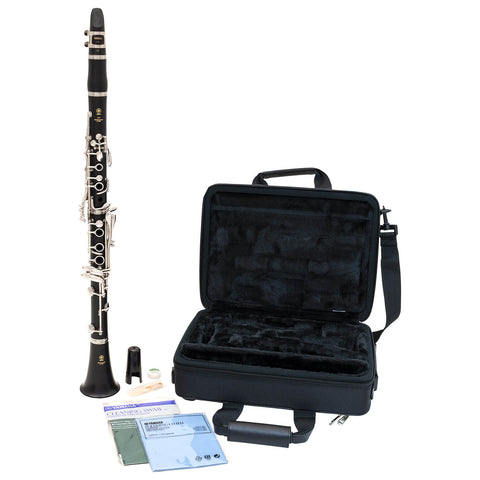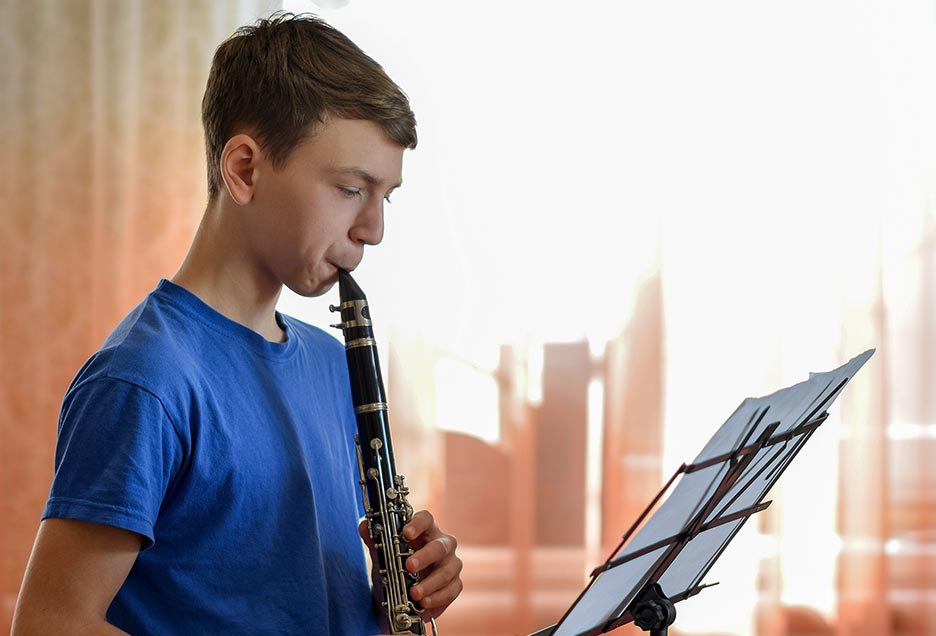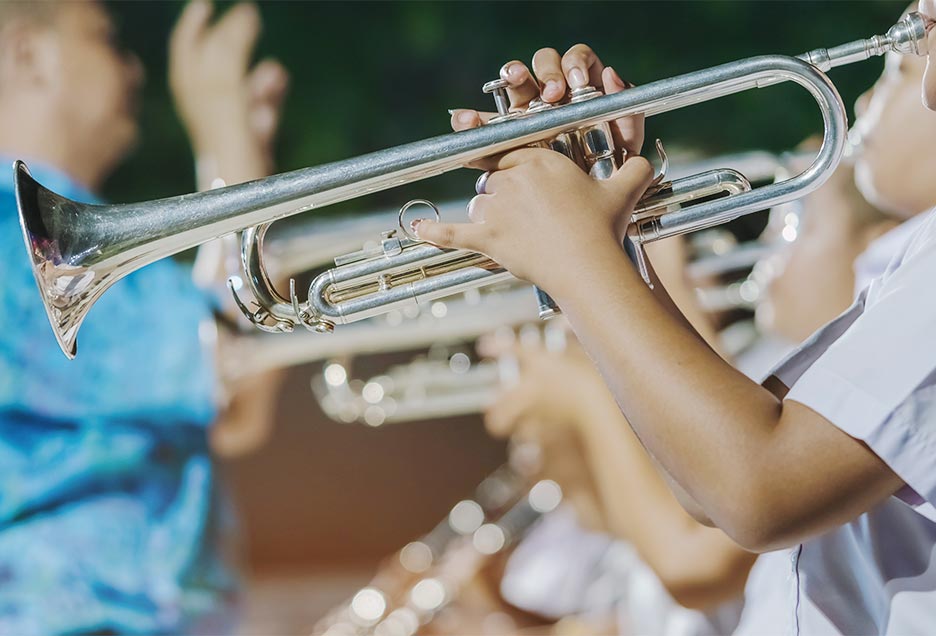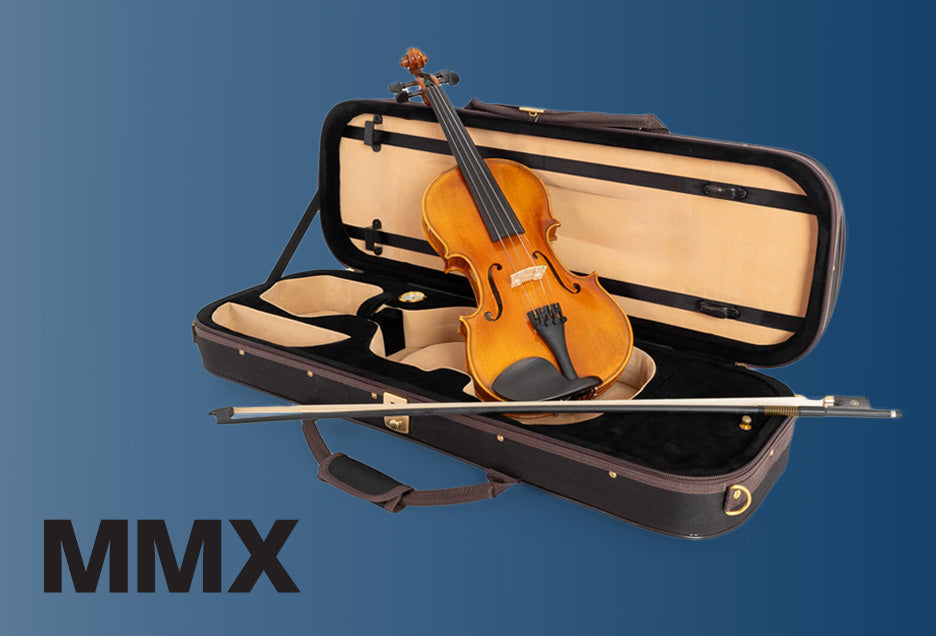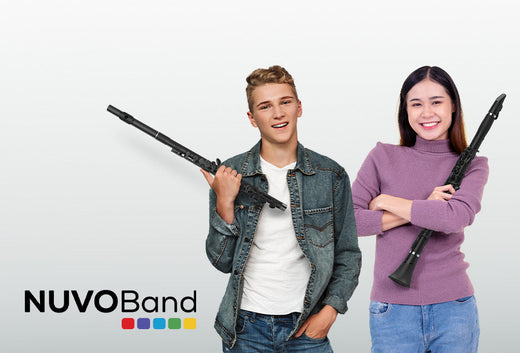In this guide, I'll walk you through the important elements to consider when buying a beginner instrument on a budget. Let's make sure you start your musical adventure on the right note...
Discover your musical calling
Don't waste time searching for the best-priced recorder if your true passion is for the trombone. Spend some moments reflecting on the instrument that truly resonates with you. Perhaps you aspire to lead a band as a guitarist or are captivated by the enchanting tones of the flute. Remember that your dedication to an instrument will flourish if you actually enjoy playing it from the start.
Research, research, research
Now that you've decided on an instrument, it's time to start researching. Product reviews, recommendations, and trustworthy guidelines are your allies. Remember, our seasoned sales team is ready to advise you with their years of experience. We are dedicated to assisting you in locating the perfect instrument for your needs and budget.
Stay grounded in budget reality
Set your budget before delving into the purchasing process. This ensures that you stay on track and avoid unnecessary expenses. Although it is important to remember, while the allure of the cheapest option is tempting, it's often prudent to invest in a quality instrument that will pay off in the long run.
Plan for longevity
Thinking ahead is always a smart move. Opt for an instrument that will accompany you through at least the first few years of learning and, if applicable, your early instrument grades. Instruments with advancement potential save you the trouble of needing to upgrade too soon.
Embrace second hand opportunities
Exploring second hand possibilities might unlock a world of quality within your price range. You may need to be cautious and thoroughly evaluate the instrument's condition. Seek the advice of a teacher or an experienced friend, or go to a respected store where every used instrument is thoroughly checked and setup before you play it (...such as Chamberlain Music!).
Find your perfect fit
Make your instrument feel like a natural extension of yourself. To guarantee ideal playability, consider arm length, hand size, and physical strength. There is a reason why most saxophone players begin with an alto or soprano rather than a baritone! Look into several size options, such as smaller-scale guitars or orchestral strings.
Complete the ensemble with essential accessories
When budgeting for your instrument, don't forget to include the cost of vital accessories such as cases, straps, picks, and reeds. For a beginner I recommend looking for a 'outfit' that has everything you need to get started quickly. Furthermore, basic maintenance tools are your instrument's best friend when it comes to extending its life - just remember to be consistent with upkeep.
Choosing a beginner instrument on a budget is a fascinating endeavour that demands careful planning. You can select an instrument that meets your needs by recognising your musical interest, conducting thorough study, setting a realistic budget, and getting expert advice.


